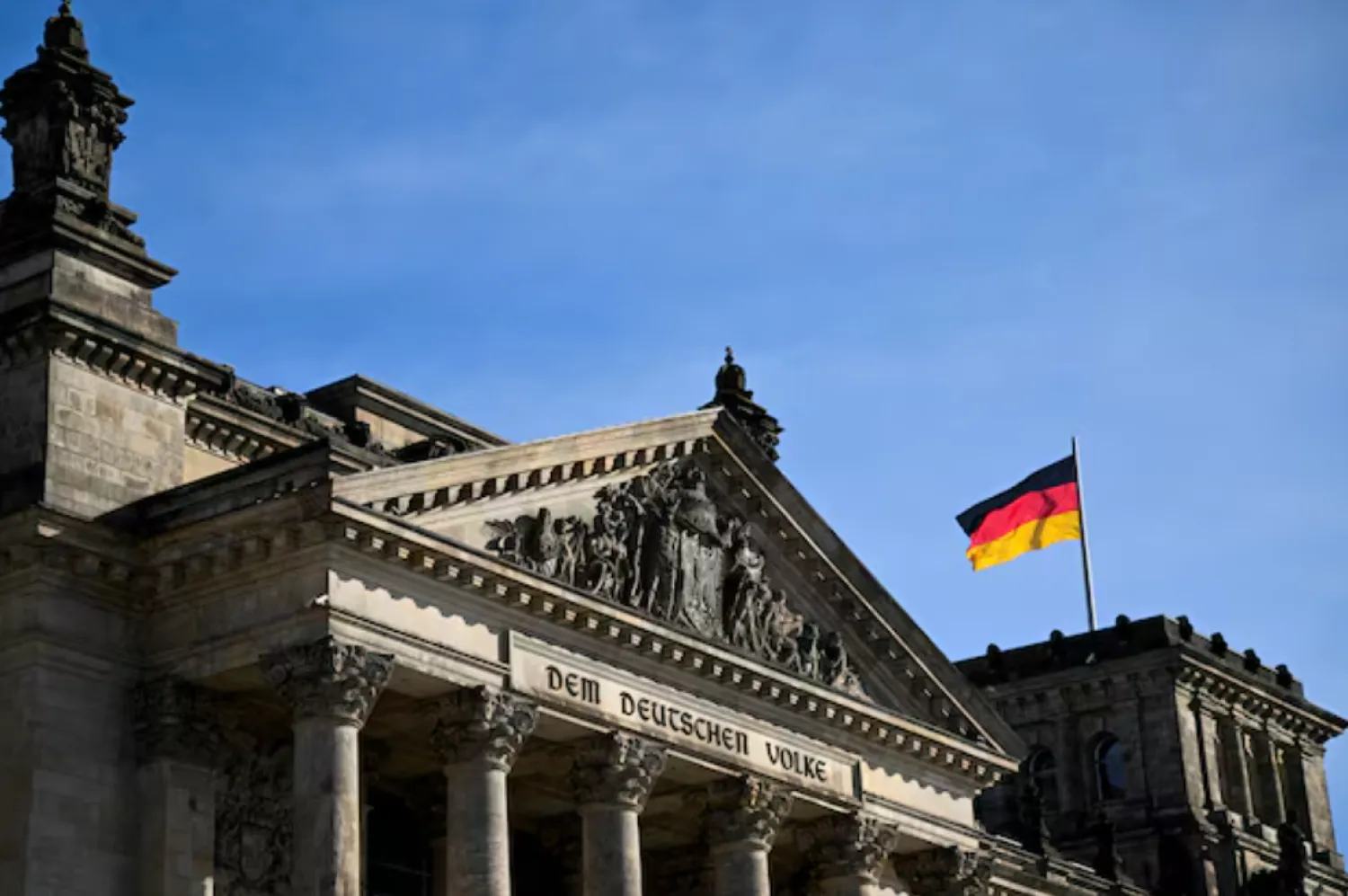Turkey and Greece said on Monday they wanted to resume suspended exploratory talks over territorial claims in the Mediterranean Sea which brought them close to conflict last year.
Plans for talks last year foundered after disagreement over a Turkish seismic exploration vessel deployed to disputed waters, but the ship has since returned.
"So Greece has no excuse right now," Turkish Foreign Minister Mevlut Cavusoglu told reporters, saying he was inviting Greece for talks by the end of January on all issues.
Greek Prime Minister Kyriakos Mitsotakis said his government would attend once a date was set.
"We seek a fertile and productive relationship with Turkey," he told reporters in Lisbon, saying officials would have to be in contact formally. "It's probably about time we stopped chit-chatting and sat down and agreed on a date."
The two NATO military alliance members are at odds over the limits of their continental shelves, energy rights, air space and the status of some islands.
Their dispute threatened to spill into open conflict when Turkish and Greek warships collided in August as they shadowed Turkey's Oruc Reis vessel as it surveyed for oil and gas west of Cyprus.
Ankara and Athens have held 60 rounds of talks between 2002-2016, but resumption of negotiations has been complicated by what both sides are prepared to discuss.
Greece said on Monday it was willing to talk about demarcation of an Exclusive Economic Zone and the continental shelf. It was not immediately clear whether Ankara would insist on other issues being included.
Cavusoglu said he was ready to meet Greek counterpart Niko Dendias in Tirana after Albania offered to mediate. "I hope Greece does not turn down this opportunity," he said.
Under pressure from some European Union (EU) members including Germany, Greece had indicated it could resume talks on Jan. 11, the Turkish minister added.









